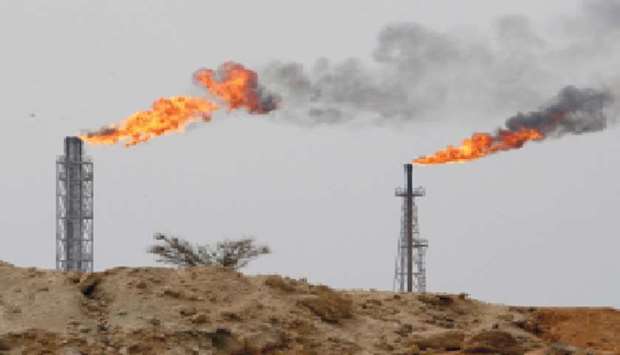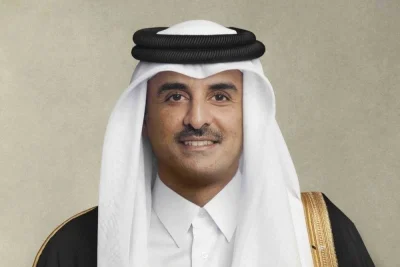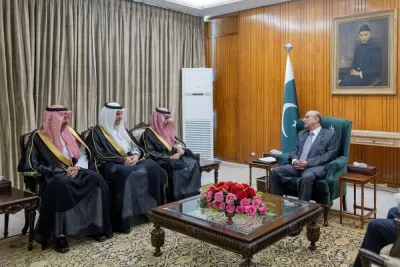As impending US sanctions choke Iran’s oil sales to its biggest customers, the Middle East producer isn’t going down without a fight.
National Iranian Oil Co slashed the cost of its oil for export to Asia in November, in an attempt to make its barrels more attractive to buyers. The state-owned company set official selling prices for its light and heavier grades at the widest discount to rival Saudi Arabia’s supply in data going back to 2000.
While the low prices may be enticing, buyers who decide to purchase the supply will expose themselves to the risk of being cut off from the American financial system after US sanctions are imposed on November 4.
Major customers including Japan, South Korea and India have completely halted or pledged to reduce volumes from Opec’s third-biggest producer. Those dealing with ship insurance and oil-ports are also cautious about handling Iranian oil.
NIOC set its Iranian Light official price for November sales to Asia at 30 cents less than the price of similar-quality Arab Light crude sold by state-run Saudi Aramco. That’s the deepest discount in almost two decades, according to data compiled by Bloomberg, and comes just three months after it last marketed its oil at a premium to Saudi shipments. Prices of heavier grades, such as Iranian Heavy and Forozan, were also reduced against Saudi Arab Medium.
Even though the sanctions haven’t yet been imposed, exports from Iran have already slid, slipping to a 2 1/2-year low in September. Observed shipments of crude and condensate dropped to 1.72mn bpd, down 260,000 barrels from the previous month, according to ship-tracking data compiled by Bloomberg.
Oil prices have surged to over $80 a barrel on concerns over tight supplies, as lower exports from Iran, plunging production from Venezuela, and infrastructural constraints in the US and Canada prevent oil from reaching international markets. While buyers of Iranian crude are still awaiting possible waivers from the Trump administration, the International Energy Agency’s executive director Fatih Birol urged Opec and other major producers to boost output as oil markets are entering the “red zone.”
Opec producers such as Saudi Arabia and allies including Russia may have to reach deep into their spare production capacities to fill the potential supply gap. Saudi Crown Prince Mohammed bin Salman, meanwhile, has declared that the world’s top oil exporter has fulfilled its promise of making up for lost Iranian crude in the market.

A view of an oil facility on Khark Island (file). National Iranian Oil Co has slashed the cost of its oil for export to Asia in November, in an attempt to make its barrels more attractive to buyers.


